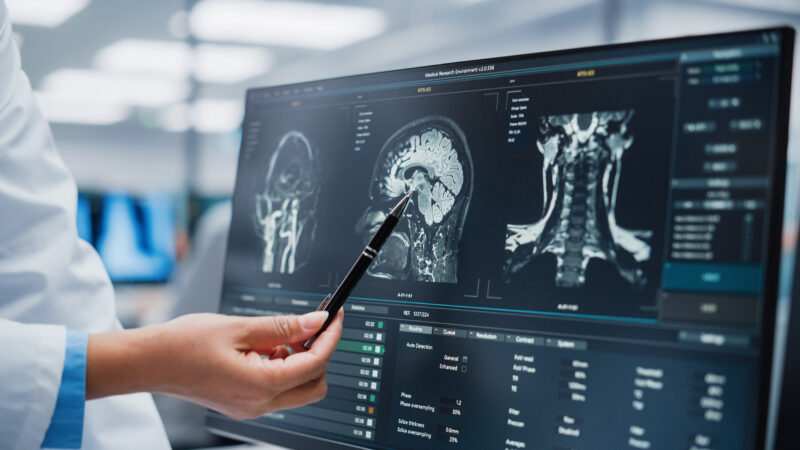Addiction is a formidable challenge that affects not only the individuals experiencing it but also their families, friends, and communities. One of the most critical steps in addressing addiction is recognizing the signs and symptoms, both in yourself and in those around you. Early recognition can lead to timely intervention and support, which are vital for recovery.
Understanding Addiction: A Complex Condition
Before delving into recognizing signs of addiction, it’s essential to understand that addiction is a complex condition that can involve substances like drugs and alcohol, as well as behaviors such as gambling, gaming, or compulsive eating. It’s characterized by a compulsive and often uncontrollable need to engage in these activities despite negative consequences.
Recognizing Signs of Addiction in Yourself
Self-awareness is a crucial aspect of addressing addiction. Recognizing signs of addiction in yourself requires honest introspection and a willingness to confront your behaviors. Here are some common signs:
- Loss of Control: You find it challenging to control your use of a substance or engagement in a behavior. You may want to cut down or quit but struggle to do so.
- Cravings: You experience strong and persistent urges or cravings for the substance or behavior.
- Neglecting Responsibilities: You begin to neglect your work, school, or family obligations due to the substance or behavior.
- Withdrawal Symptoms: When you try to cut down or stop, you experience physical or emotional withdrawal symptoms like anxiety, irritability, or physical discomfort.
- Tolerance: You need more of the substance or behavior to achieve the desired effect, indicating an increased tolerance.
- Continued Use Despite Consequences: You continue to use the substance or engage in the behavior despite negative physical, mental, or social consequences.
- Loss of Interest: You lose interest in activities and hobbies you once enjoyed because the addiction takes up a significant amount of your time and energy.
- Secrecy and Deception: You become secretive about your substance use or behavior and may lie or deceive loved ones to conceal it.
- Relationship Problems: Your addiction leads to conflicts in your relationships, causing strain and breakdowns in communication.

Recognizing Signs of Addiction in Others
Identifying signs of addiction in others can be challenging, as individuals may try to hide their struggles. However, being observant and empathetic can help you recognize potential signs in loved ones, friends, or colleagues. Some signs to watch for include:
- Changes in Behavior: Sudden and significant changes in behavior, mood swings, or erratic actions may indicate an issue.
- Physical Signs: Physical symptoms like bloodshot eyes, slurred speech, weight loss, or poor hygiene may be red flags.
- Social Isolation: Withdrawal from social activities, hobbies, or friends can be a sign of addiction.
- Financial Issues: Unexplained financial problems, borrowing money frequently, or selling personal items may suggest addiction-related financial strain.
- Decline in Work or Academic Performance: A noticeable drop in performance at work or school can be indicative of addiction-related difficulties.
- Neglected Responsibilities: Neglecting responsibilities at home or work may be a sign that addiction is taking precedence.
- Changes in Social Circle: A sudden change in the people an individual associates with, especially if they are known to engage in addictive behaviors, can be concerning.
“Recognizing signs of addiction in yourself requires honest introspection and a willingness to confront your behaviors.”
Approaching the Topic with Sensitivity
If you suspect someone you care about is struggling with addiction, approaching the topic with empathy and non-judgment is crucial. Express your concern, offer support, and encourage them to seek professional help. Keep in mind that addiction is a complex issue, and recovery often requires a combination of treatment, support, and time.
Seeking Professional Help
Both self-recognition and recognizing addiction in others are essential first steps, but professional help is usually needed to address addiction effectively. Certified addiction counselors, therapists, and treatment programs can provide guidance, support, and treatment options tailored to individual needs.
Anything is possible with compassion and professional support!
In conclusion, recognizing signs of addiction in yourself and others is a crucial step toward addressing this complex condition. It requires vigilance, compassion, and a willingness to seek help when needed. By fostering awareness and empathy, we can support individuals on the path to recovery and contribute to a healthier, addiction-free future.





